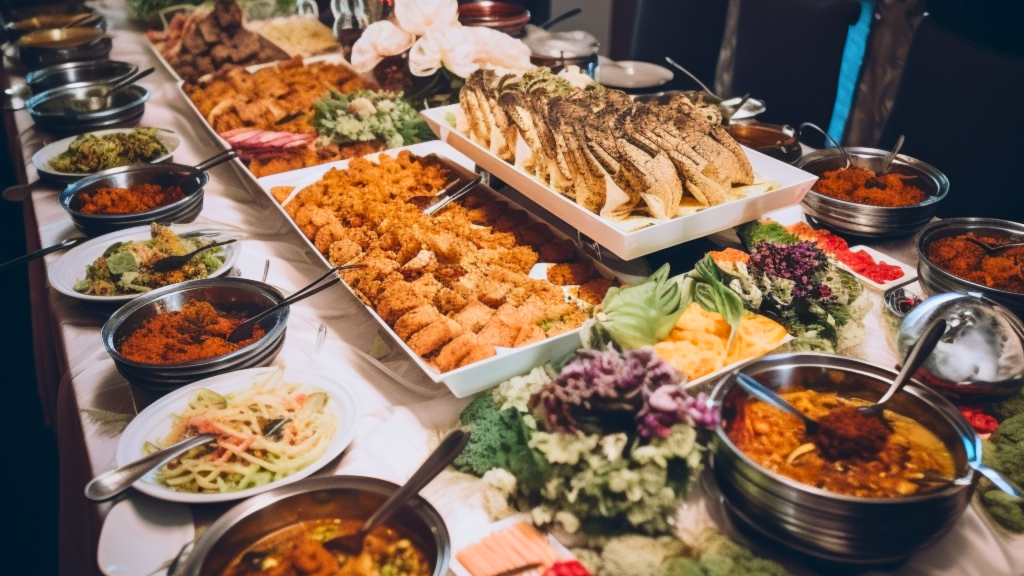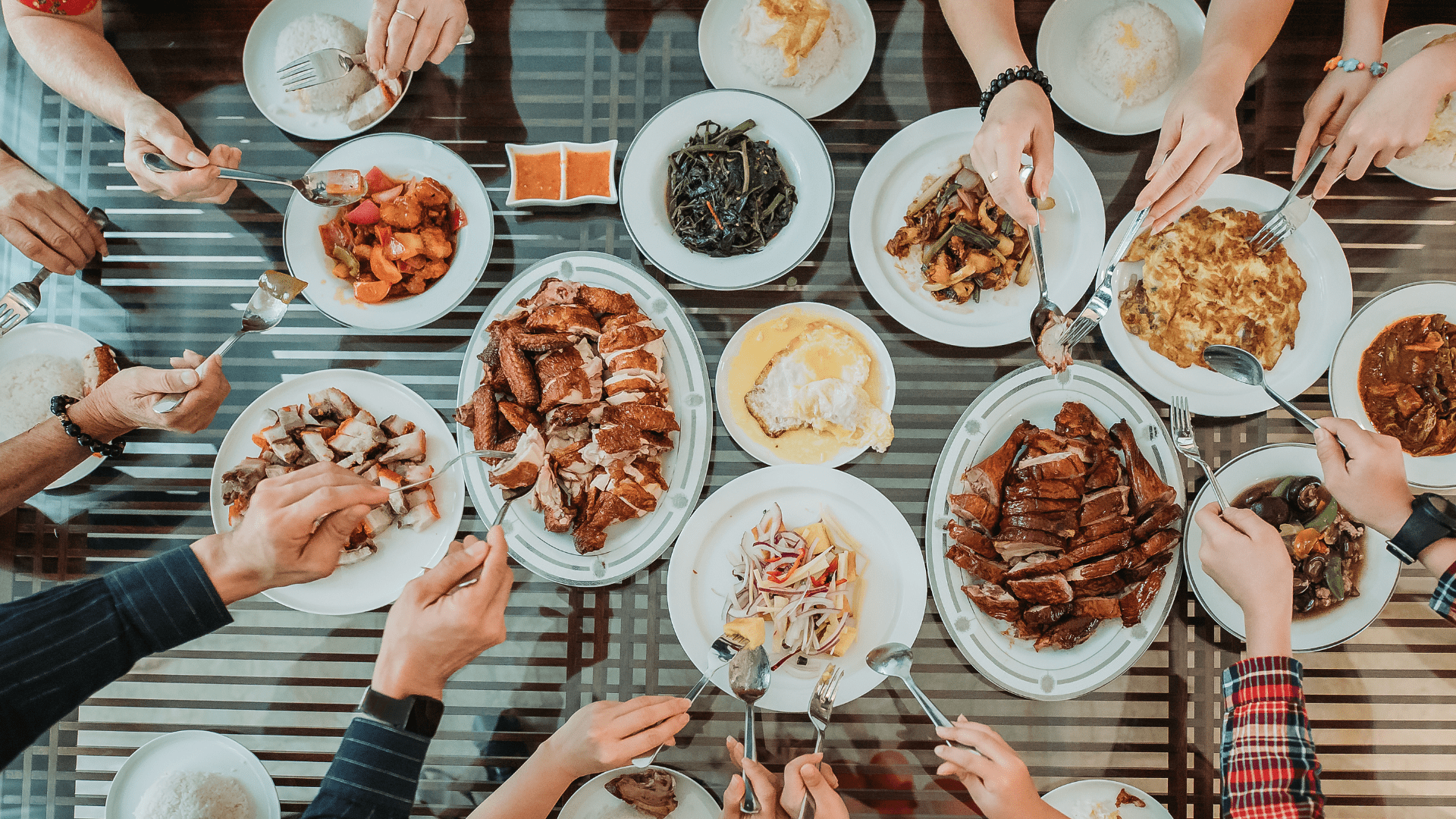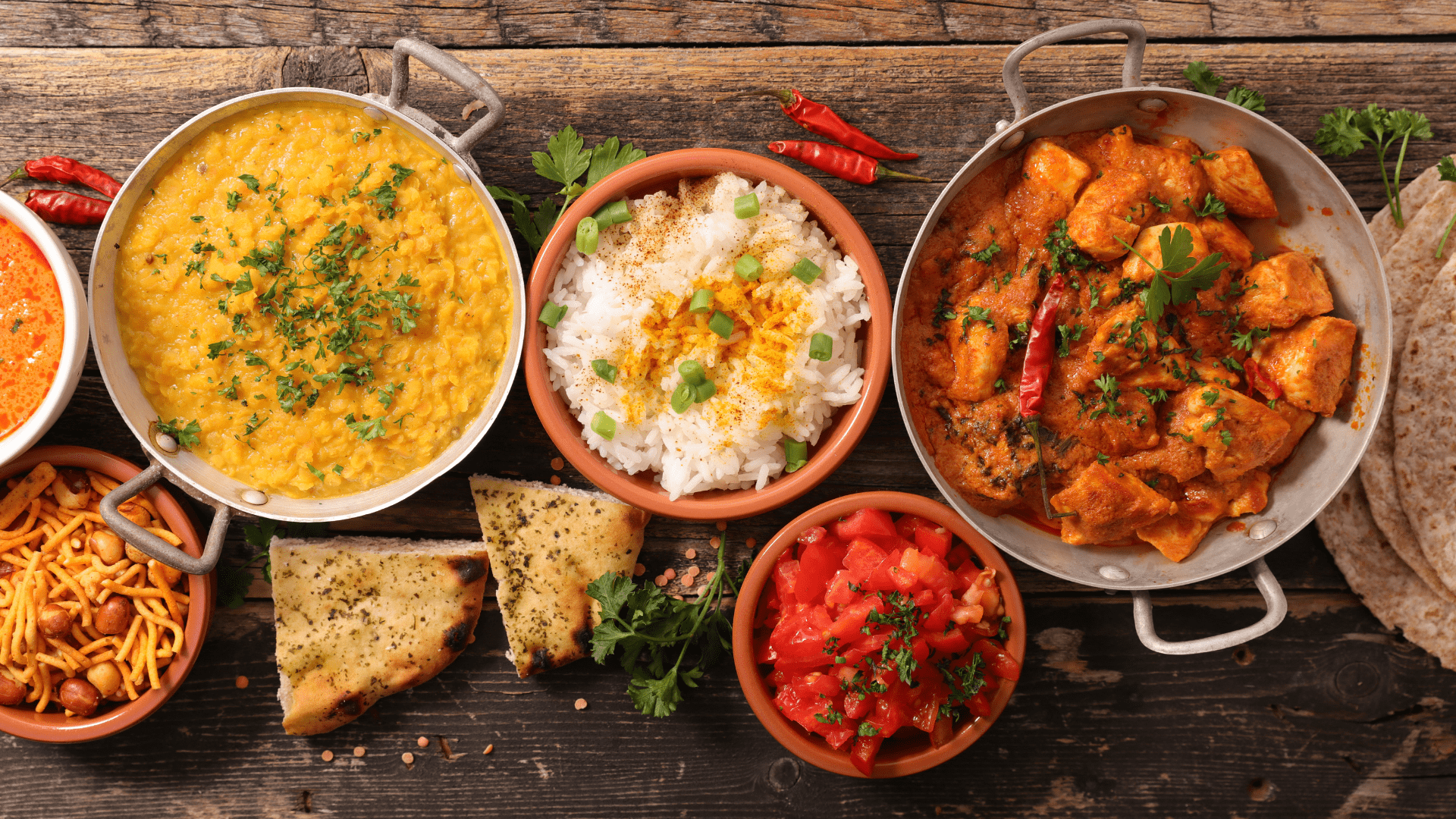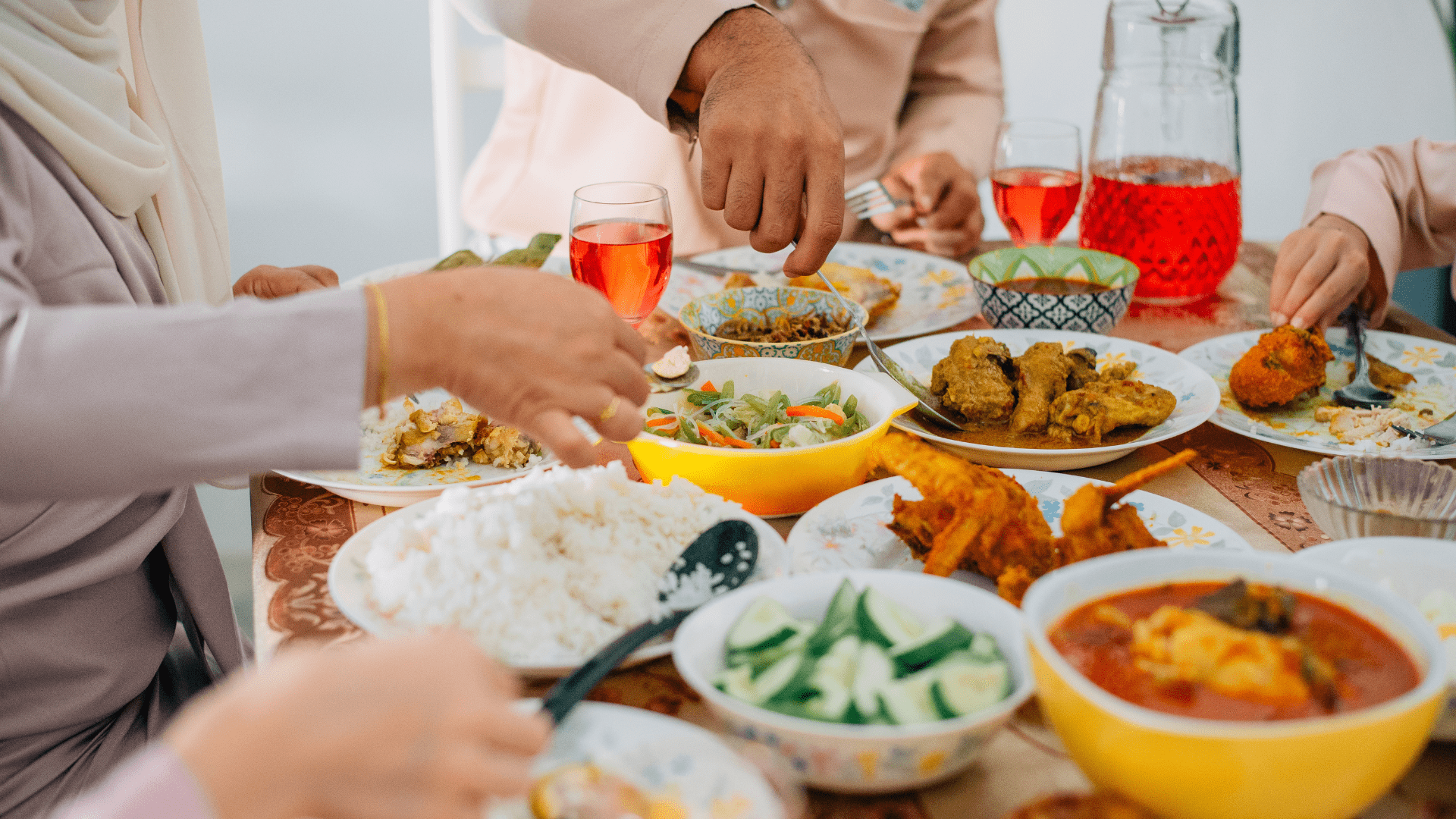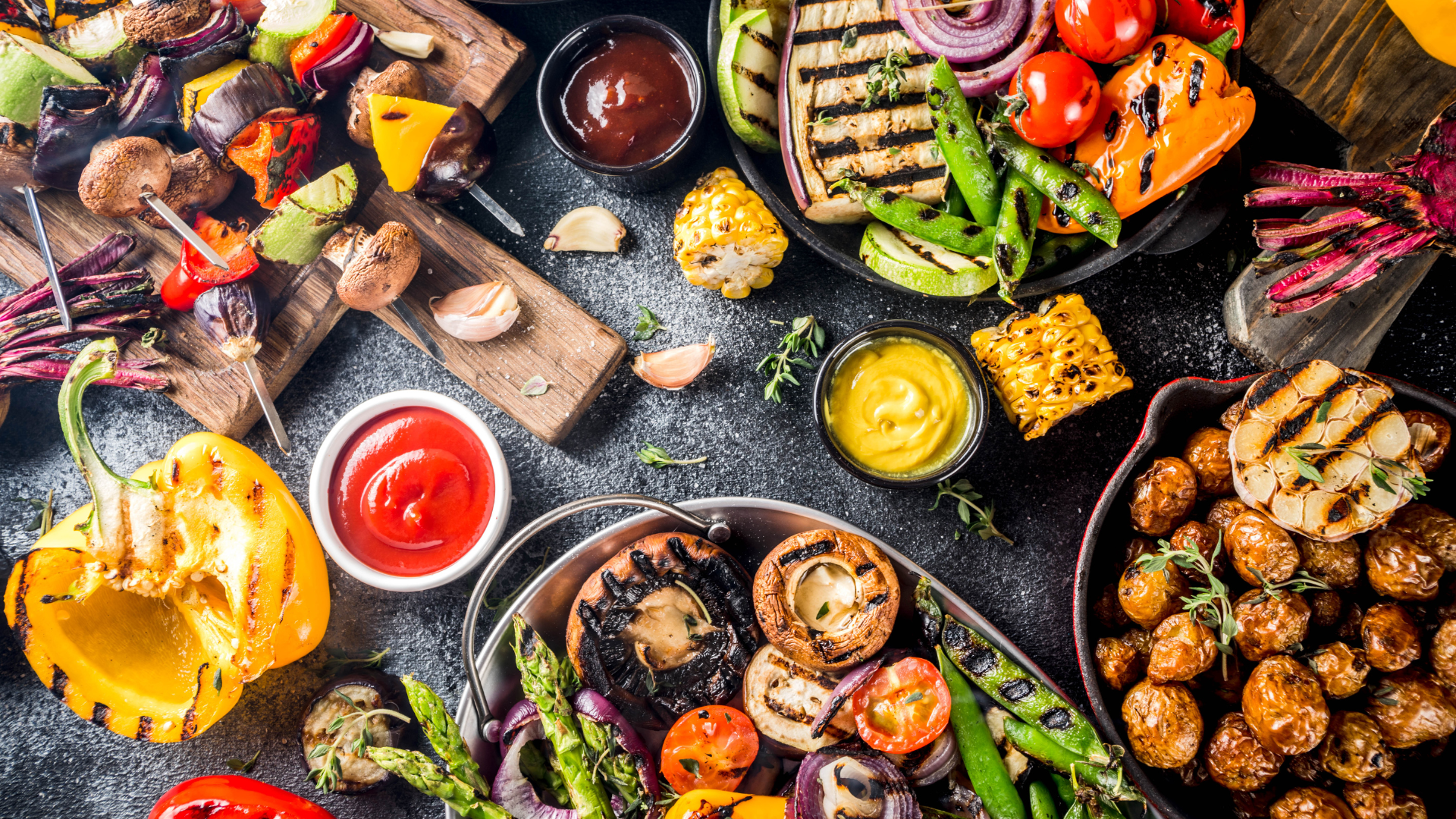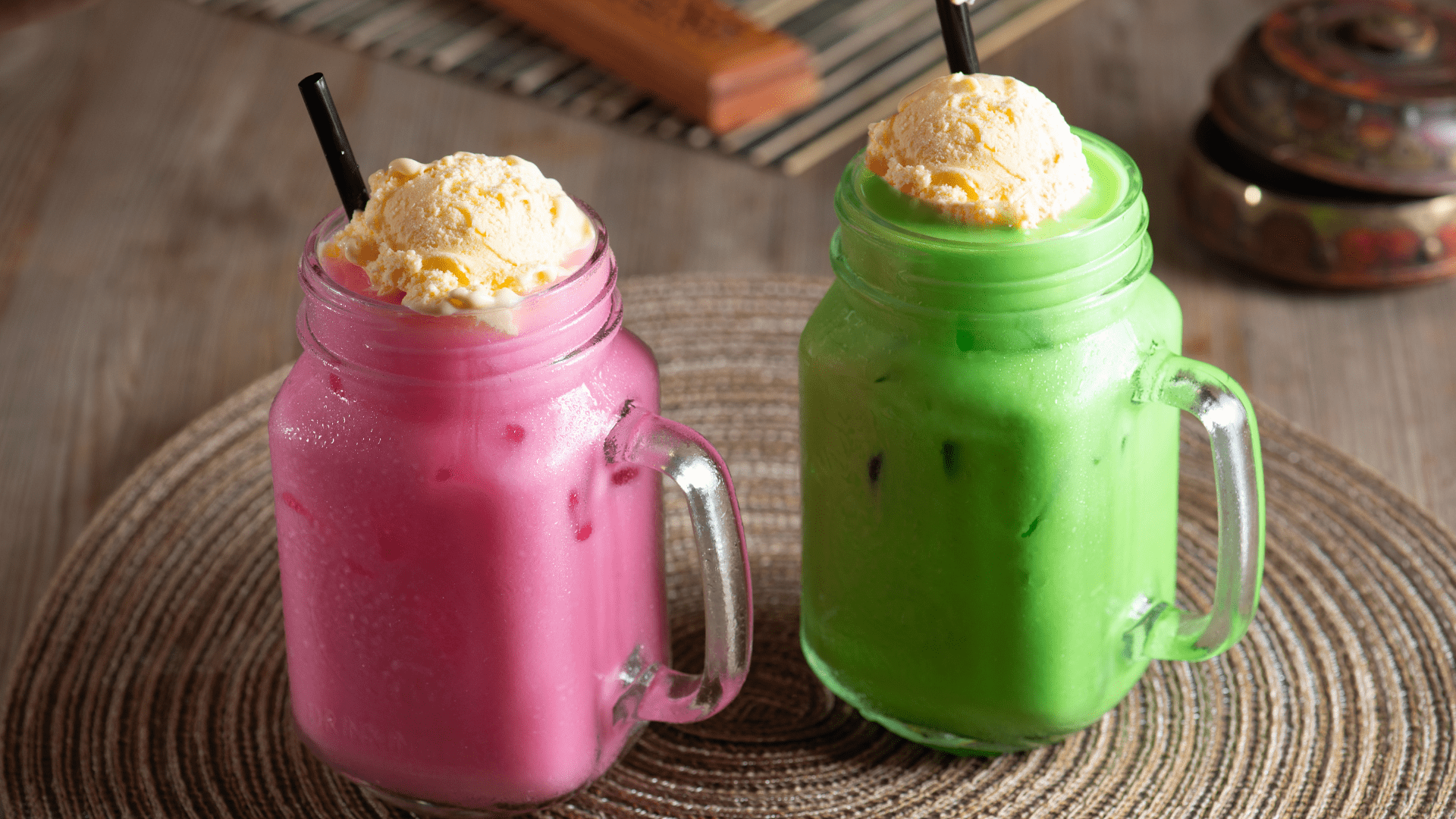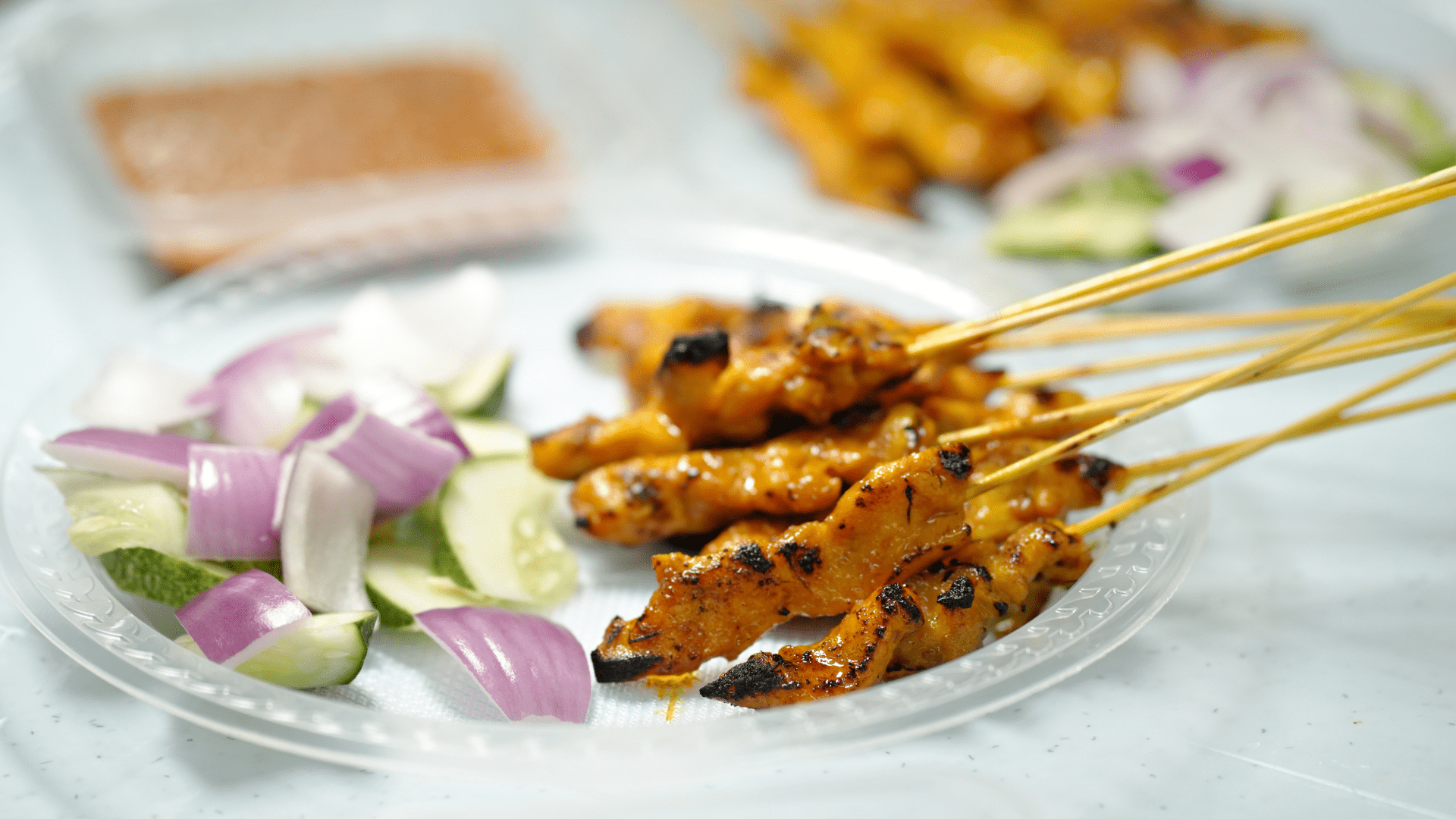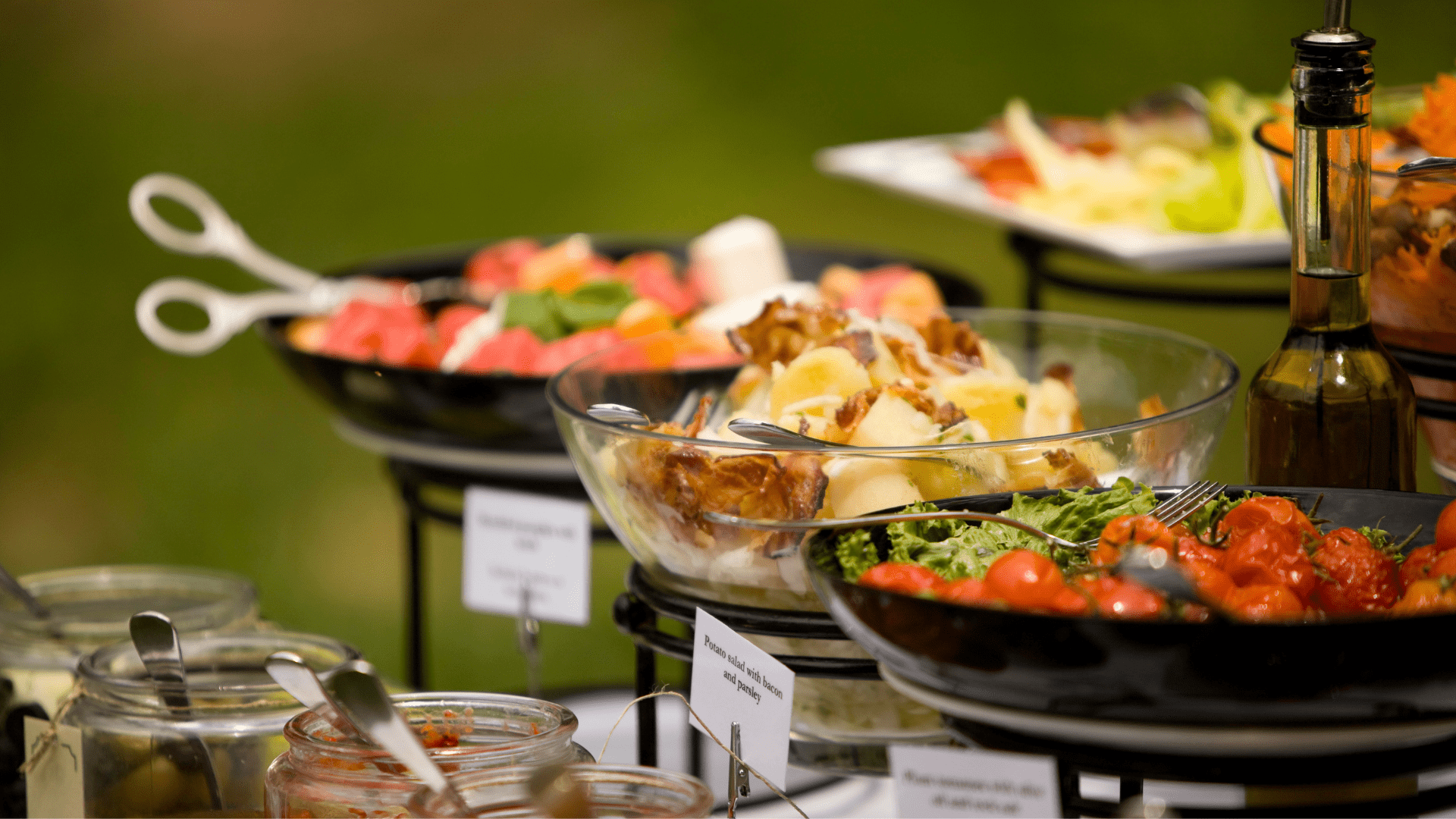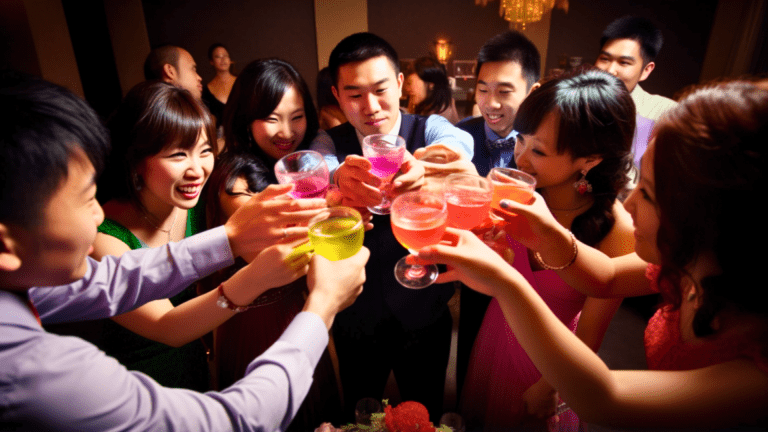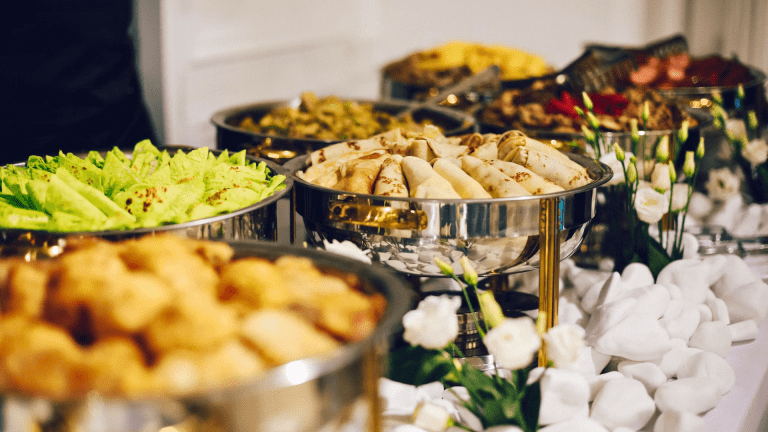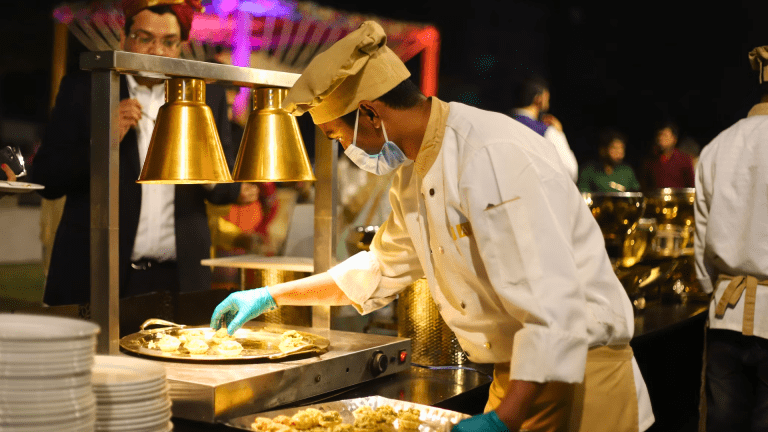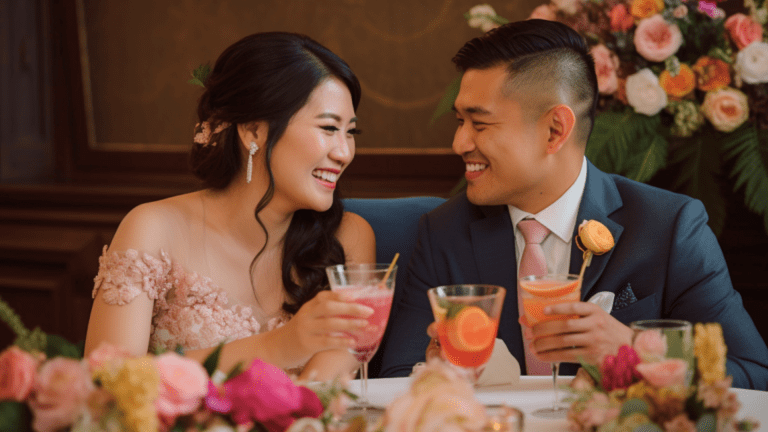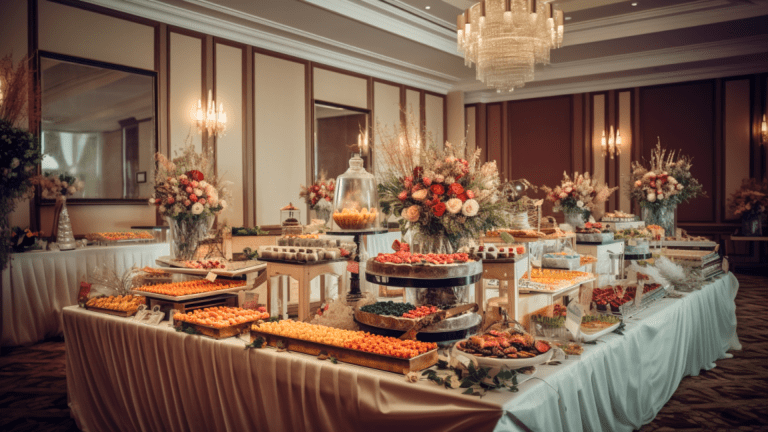Weddings are a joyous occasion that brings together family and friends to celebrate the union of two people in love. In Malaysia, weddings are steeped in tradition, with ceremonies varying depending on the couple’s cultural and religious backgrounds. One aspect that remains consistent across all weddings is the delicious food served. Wedding cuisine in Malaysia is renowned for its rich flavours and diverse range of dishes that cater to every palate. In this article, we will explore the various wedding traditions in Malaysia and the mouth-watering cuisine accompanying them.
Popular wedding traditions in Malaysia
Malaysia is a multicultural country with a diverse population that practices different religions and customs. Weddings in Malaysia reflect this diversity, with each community following its unique traditions. In Chinese weddings, a traditional tea ceremony is held where the bride and groom serve tea to their elders as a sign of respect and gratitude. In Indian weddings, the bride and groom exchange garlands of flowers and take seven vows in front of a sacred fire. In Malay weddings, the bride and groom are seated on a dais, and guests are treated to a sumptuous feast.
A Colorful Chinese Tea Ceremony: Celebrating Your Malaysian Chinese Wedding
Wedding cuisine in Buddhist weddings
Buddhist wedding cuisine in Malaysia are simple yet elegant, emphasising harmony and balance. The food served at Buddhist weddings is vegetarian, emphasising fresh, healthy ingredients. Some popular dishes include stir-fried vegetables, tofu, and vegetarian spring rolls. Desserts are made with fresh fruits, and guests are served sweet tea or fruit juice.
Wedding cuisine in Hindu weddings
Hindu wedding cuisine in Malaysia are grandiose affairs steeped in tradition and symbolism. The food served at Hindu weddings reflects the couple’s cultural and regional heritage. Vegetarian food is a common choice, with popular dishes such as paneer tikka, vegetable biryani, and samosas. Non-vegetarian dishes such as chicken tikka and mutton curry are also served. Desserts are essential to the menu, with sweet treats such as gulab jamun, rasgulla, and jalebi being served.
Wedding cuisine in Islam weddings
Islam wedding cuisine in Malaysia are solemn affairs centered around the Quran and the teachings of the Prophet Muhammad. The food served at Islam weddings is halal, which means it is prepared according to Islamic dietary laws. Some popular dishes include nasi minyak, a fragrant rice dish cooked in ghee, and ayam masak merah, which is chicken cooked in a spicy tomato gravy. Desserts are simple yet delicious, with guests served sweetened milk and dates.
Vegetarian wedding food options in Malaysia
Vegetarianism is becoming increasingly popular in Malaysia, with many couples opting for vegetarian food at their weddings. Vegetarian cuisine in Malaysia is diverse and flavorful, emphasising fresh, seasonal ingredients. Some popular dishes include vegetable curry, chickpea masala, and lentil soup. Desserts are made with fresh fruits and are a healthy alternative to traditional sweet treats.
Wedding beverage options in Malaysia
Beverages are an essential part of any wedding, and in Malaysia, guests are treated to a diverse range of drinks. Some popular beverages include teh tarik, a sweetened tea that is frothed up by being poured back and forth between two cups, and air bandung, a refreshing drink made with rose syrup and milk. Fresh juices from tropical fruits such as mango, pineapple, and watermelon are also popular.
Unique wedding food ideas in Malaysia
Malaysia is known for its diverse and flavorful cuisine, and couples looking for unique wedding food ideas will be satisfied. Some popular ideas include serving traditional street food such as satay, fried noodles, and roti canai. Another fantastic idea is to have a live cooking station where guests can watch as their food is prepared.
Choosing the right catering service
Choosing the right catering service is crucial to ensuring that the food at your wedding is delicious and of high quality. Tasting the food beforehand is essential to ensure that it meets your expectations. Look for a catering service with experience in catering to weddings and a diverse menu catering to different dietary requirements.
Conclusion
Wedding cuisine in Malaysia reflects the country’s diverse and multicultural population. There are many delicious dishes, whether you are having a Buddhist, Hindu, or Islam wedding. The choices are endless, from vegetarian and halal options to unique ideas such as street food and live cooking stations. With the right catering service, you can be assured that your guests will be treated to a mouth-watering feast that they will never forget. Say goodbye to wedding planning stress and hello to a holistic and stress-free experience with 50gram wedding. Contact us now!
FAQ
Popular wedding traditions in Malaysia include the Chinese tea ceremony, where the bride and groom serve tea to their elders, the exchange of garlands and vows in Indian weddings, and the Malay tradition of seating the couple on a dais while treating guests to a sumptuous feast.
Buddhist wedding cuisine in Malaysia emphasizes harmony and balance with simple yet elegant vegetarian dishes. Stir-fried vegetables, tofu, vegetarian spring rolls, and desserts made with fresh fruits are popular choices.
Hindu wedding cuisine in Malaysia reflects cultural and regional heritage. Vegetarian options like paneer tikka, vegetable biryani, and samosas are common, along with non-vegetarian dishes like chicken tikka and mutton curry. Desserts such as gulab jamun, rasgulla, and jalebi are also served.
Islamic wedding cuisine in Malaysia follows Islamic dietary laws, with popular dishes including nasi minyak (fragrant rice cooked in ghee) and ayam masak merah (chicken cooked in a spicy tomato gravy). Simple yet delicious desserts like sweetened milk and dates are typically served.
Vegetarian cuisine in Malaysia offers diverse and flavorful options. Popular dishes include vegetable curry, chickpea masala, and lentil soup. Fresh fruits are used in desserts, providing a healthy alternative to traditional sweet treats.

